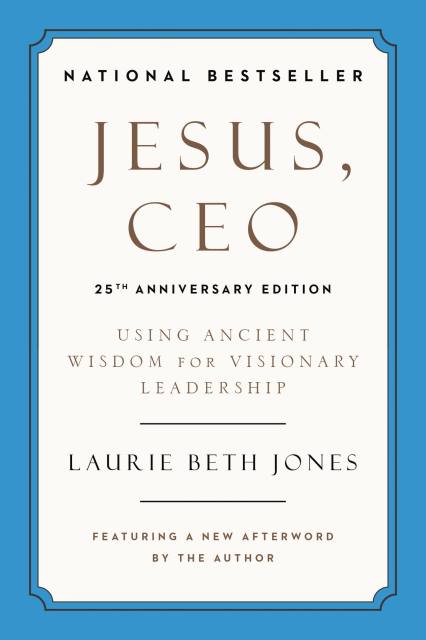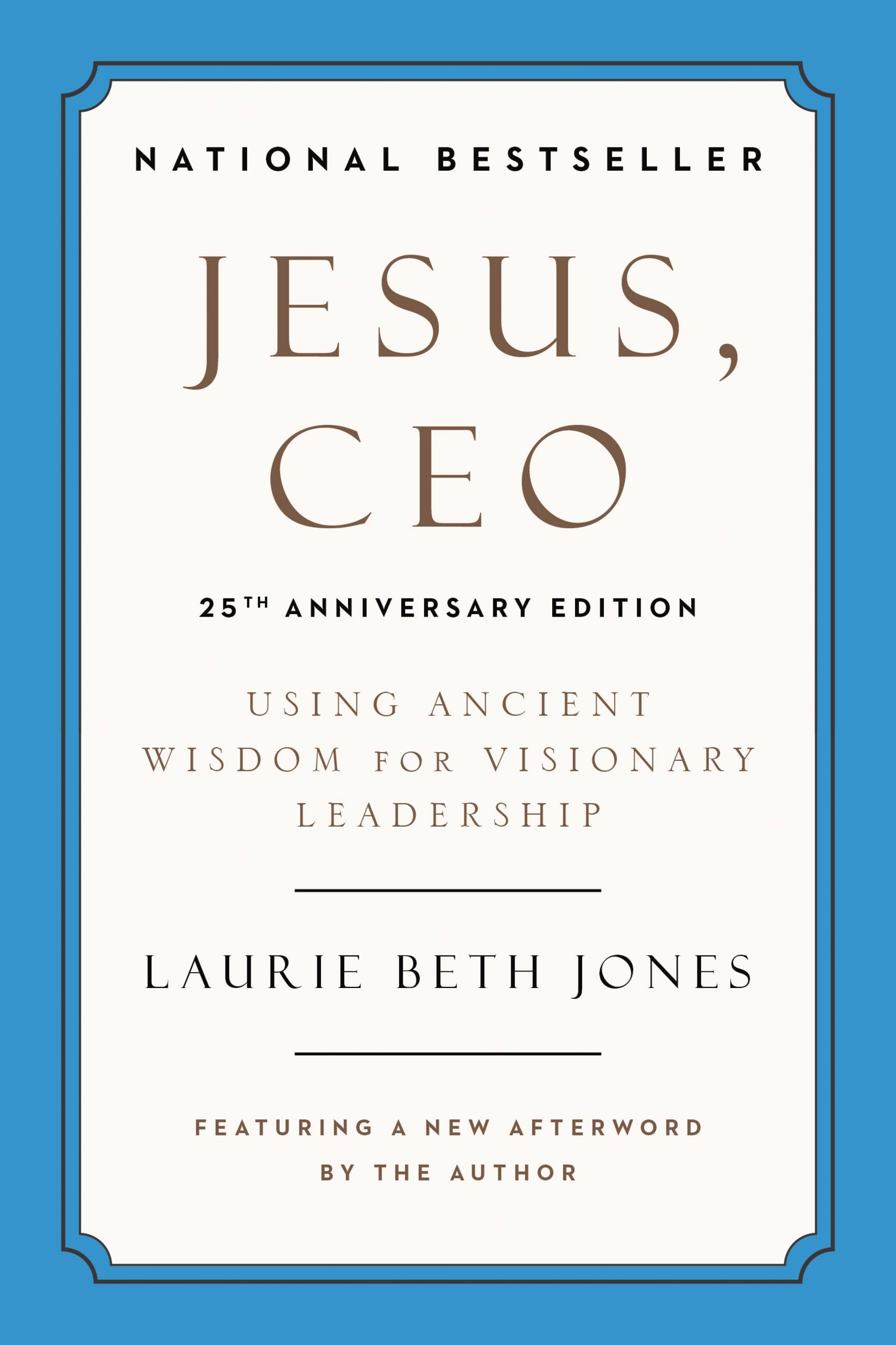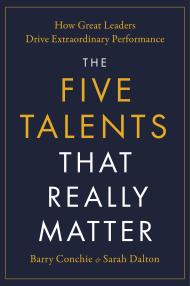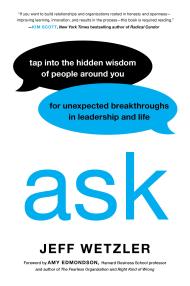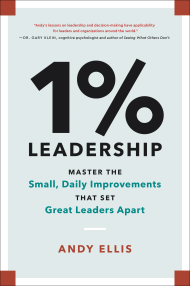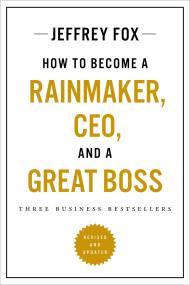By clicking “Accept,” you agree to the use of cookies and similar technologies on your device as set forth in our Cookie Policy and our Privacy Policy. Please note that certain cookies are essential for this website to function properly and do not require user consent to be deployed.
Jesus, CEO (25th Anniversary Edition)
Using Ancient Wisdom for Visionary Leadership
Contributors
Formats and Prices
- On Sale
- Mar 30, 2021
- Page Count
- 336 pages
- Publisher
- Balance
- ISBN-13
- 9780306923371
Price
$19.99Price
$25.99 CADFormat
Format:
- Trade Paperback (Special Edition) $19.99 $25.99 CAD
- ebook (Special Edition) $11.99 $15.99 CAD
- Audiobook Download (Unabridged) $18.99
This item is a preorder. Your payment method will be charged immediately, and the product is expected to ship on or around March 30, 2021. This date is subject to change due to shipping delays beyond our control.
Buy from Other Retailers:
“Leaders have a chance, here and now, to create something better than before. We need, like Jesus, to guard our energy. We need to aim for what is noble, not just profitable. We need to become turn-around specialists, seeking better ways of doing things. We need to break ranks and be bold. We need leaders who recognize that we are all connected in a chain of interdependence.”
–from the Afterword by Laurie Beth Jones
Bestselling author Laurie Beth Jones brings you the ultimate guide to transforming your team and sparking inspiration in your business—for the new generation of leaders. And who better to learn from than a leader who turned a disorganized staff of twelve into a thriving enterprise that’s lasted over two millennia? In Jesus, CEO, you’ll learn how to use ancient wisdom to tap your team’s energy and intelligence and reinvent your business for a world changing faster than ever.
Filled with fresh, practical, and profound advice, Jesus, CEO helps you motivate your team and yourself. Jones divides this advice into three sections: strength of self-mastery, strength of actions, and strength of relationships. By following the leadership techniques of Jesus, you’ll see that in this hectic, fast-moving business world, the best course is to ground yourself in ancient examples of empathy, integrity, and tenacity.
–from the Afterword by Laurie Beth Jones
Bestselling author Laurie Beth Jones brings you the ultimate guide to transforming your team and sparking inspiration in your business—for the new generation of leaders. And who better to learn from than a leader who turned a disorganized staff of twelve into a thriving enterprise that’s lasted over two millennia? In Jesus, CEO, you’ll learn how to use ancient wisdom to tap your team’s energy and intelligence and reinvent your business for a world changing faster than ever.
Filled with fresh, practical, and profound advice, Jesus, CEO helps you motivate your team and yourself. Jones divides this advice into three sections: strength of self-mastery, strength of actions, and strength of relationships. By following the leadership techniques of Jesus, you’ll see that in this hectic, fast-moving business world, the best course is to ground yourself in ancient examples of empathy, integrity, and tenacity.
Newsletter Signup
By clicking ‘Sign Up,’ I acknowledge that I have read and agree to Hachette Book Group’s Privacy Policy and Terms of Use
